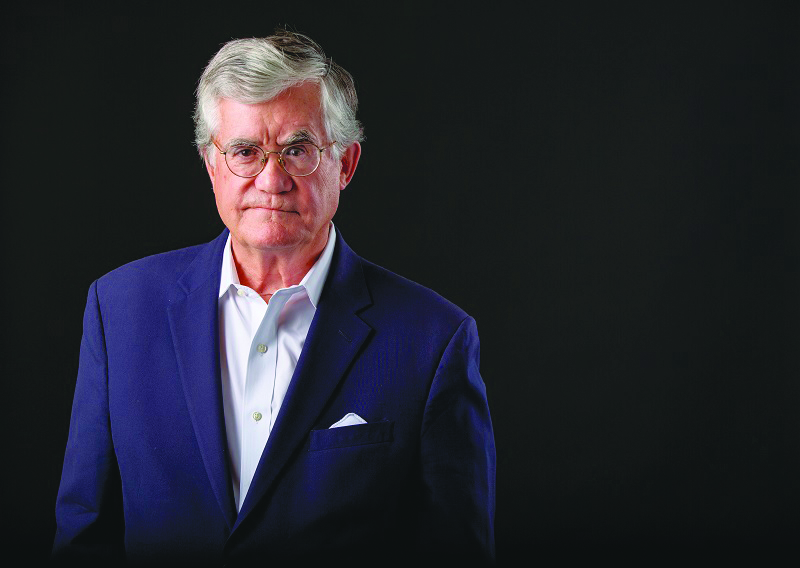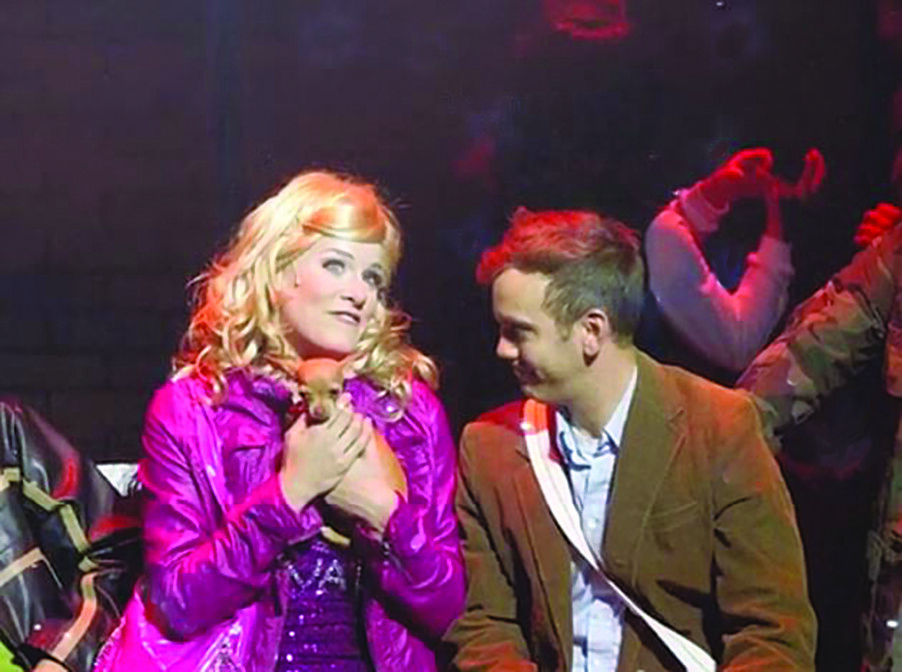Take the weekend off
Lazy lawnmowers may be doing the environment a favor, according to the results of a recent research study conducted by the University of New Hampshire. Alexandra Contosta, research assistant professor at UNH’s Earth Systems Research Center, said in a press release that reducing the frequency of lawn mowing, or going “low mow,” can help to reduce carbon emissions, build soil organic matter and create better pollinating habitats for bees. “People may not think the small ecosystem in their own yard — the grass, soil and vegetation — is that important to the health of the whole planet,” Contosta said, “but taking important small steps, like not mowing as often, can have a big impact on things … which can influence climate change.”
QOL score: +1 (for giving us all a green excuse to skip mowing this weekend)
Comment: One easy way to go low-mow, Contosta said, is to skip mowing the parts of your property that are underutilized or difficult to access altogether.
Yay for birds, boo for fireworks fans
Fireworks at Hampton Beach were canceled for Memorial Day weekend and expected to be put on hold for several weeks in order to protect two nests of piping plovers that were found on the beach, according to NHPR. Piping plovers are an endangered species in New Hampshire and considered to be at risk nationally.
QOL score: 0 (-1 for the loss of some summer beach fun but +1 for leaving the birds in peace)
Comment: Hampton Beach officials said that they hope to have fireworks for the Fourth of July, according to the report.
Praise for a teacher
The Class of 2022 members of the Nashua High School South chapter of the National Honor Society have selected Nashua High School South English teacher Greg Montine as the 27th recipient of the No Bell Award. According to a press release from the school, the award, which has a symbol depicting a school bell without a hammer, is given to “an outstanding teacher who leads students; communicates enthusiasm and respect for the subject taught; inspires students to develop a hunger for learning; and serves as a role model for students.” Montine also received a $7,500 cash award, which was made possible by an anonymous donor.
QOL score: +1
Comments: Here’s hoping Montine has some relaxing summer plans.
Give blood
The American Red Cross and other blood collection organizations around the world will celebrate World Blood Donor Day on Tuesday, June 14. According to a press release from the Northern New England Regional American Red Cross, the day recognizes the importance of lifesaving blood donations and the nearly 2.5 million people who donate blood and platelets through the Red Cross every year. Blood donation numbers are often at their lowest during late spring and early summer, the release said, but the need for blood and platelet transfusions remains the same.
QOL score: +1 (especially if there’s a post-donation cookie)
Comment: To find a Red Cross blood donation site near you, enter your zip code in the blood drive locator at redcrossblood.org.
QOL score: 76
Net change: +3
QOL this week: 79
What’s affecting your Quality of Life here in New Hampshire? Let us know at news@hippopress.com.




